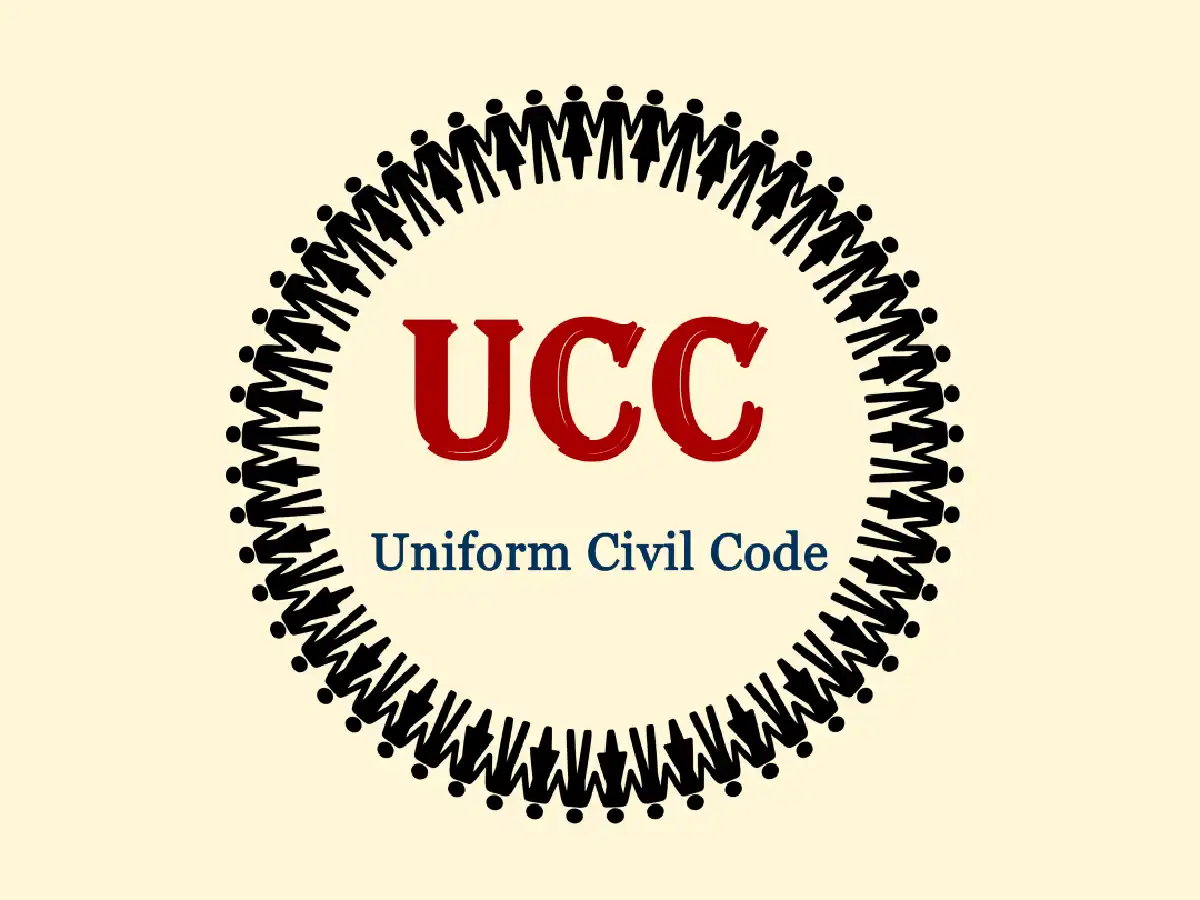The Uniform Civil Code (UCC) will soon be put into effect in Uttarakhand. Today, the expert committee presented Chief Minister Pushkar Singh Dhami with the draft of the UCC rules on Friday, October 18. CM Dhami stated that the implementation of UCC aims to ensure that all individuals receive fair justice and equal chances.
Chief Minister Pushkar Singh Dhami recently declared the government’s intention to introduce UCC on Uttarakhand Foundation Day on November 9. After presenting the final committee rules draft, UCC is anticipated to be enforced in Uttarakhand on November 9.
The rules consist of four main parts. Procedures include marriage and divorce registration, live-in relationships, birth and death registration, and inheritance rules.
With the general public in mind, a portal and mobile app have been created for UCC to provide registration and appeal services online.
If UCC is put into effect, these changes will occur :-
- Uniform laws exist for marriage, divorce, alimony, and inheritance among all religious communities.
- Following March 26, 2010, all couples will be required to officially register both their marriage and divorce.
- Registration can be conveniently done at Gram Panchayat, Nagar Panchayat, Municipality, or Municipal Corporation level.
- The highest penalty for failure to register is Rs 25,000.
- Those not registered will also miss out on government facility benefits.
- The boy must be at least 21 years old and the girl must be at least 18 years old to get married.
- Women have the ability to cite the same justifications and entitlements as men when seeking a divorce.
- Practices such as Halala and Iddat are set to be eliminated. No circumstances will be allowed for a woman to marry again.
- If someone changes their religion without permission, the partner can file for divorce and receive financial support.
- Remarrying while both spouses are alive will be completely forbidden.
- During divorce or domestic disputes between spouses, the mother will have custody of a child under five years old.
- Both the son and daughter will be entitled to the same rights in the property.
- There will be no differentiation made between legitimate and illegitimate offspring.
- Illegitimate offspring will also be recognized as the couple’s biological children.
- Children born through assisted reproductive technology with the help of a surrogate mother and later adopted will be considered biological children.
- The child’s rights to property while developing in their mother’s womb will be safeguarded.
- An individual has the ability to transfer their belongings to another individual using a testament.
- Signing up on the website is required for all individuals in a cohabiting partnership.
- Couples can only rent a house, hostel, or PG if they have the registration receipt.
- Children born within cohabiting partnerships will be recognized as legitimate offspring and will be entitled to the same rights as biological children.
- Those in a cohabiting relationship must also legally register their divorce when necessary.
- Those who are in a cohabitating relationship must also register their divorce.
- Failure to complete the required registration may result in a six-month imprisonment or a fine of Rs 25,000, or both.

